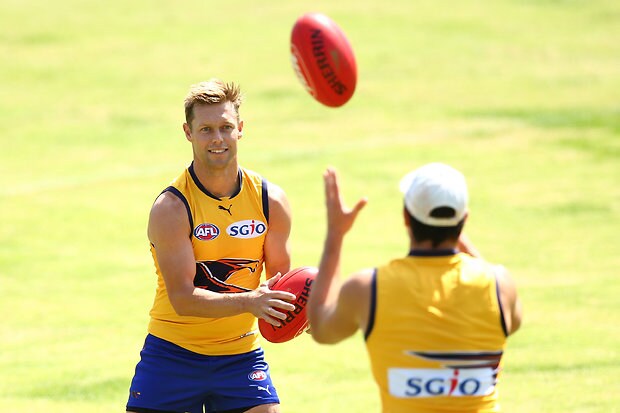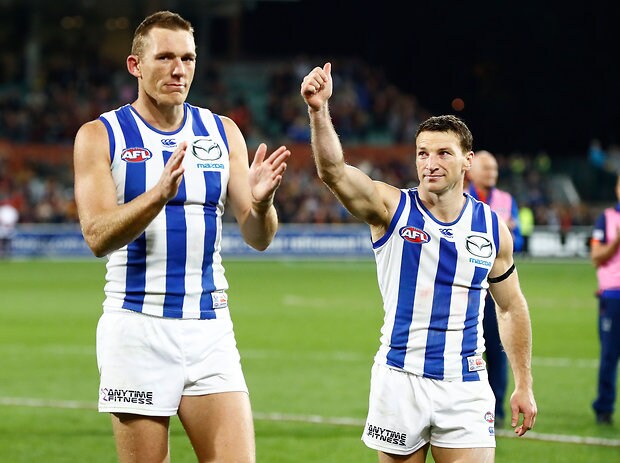Over the past five or 10 years, there has been a massive spike in player movement between AFL clubs.
Not only are sides getting more accustomed to tactical trades, but players are becoming more comfortable with the idea of leaving.
Maybe that’s the result of being taken from a young age and wanting to return home, or being drafted by a less successful club… whatever the reason, it’s happening more.
It’s particularly prevalent in older players, who want another few years in the game after being shown the door by their club.
Take Hawthorn for an example: Sam Mitchell went to West Coast, Luke Hodge was squeezed out and joined Brisbane.
No Hawks fan would think any less of those players, it’s not seen as an act of treason like it was when I played.
The reality is, it can be good for both the player and the club if the individual transfers in the twilight of his career.

And I think it reiterates that we seem to piggyback off international sports.
Moving clubs has long been the norm whether it be in the EPL’s transfer window, the NFL or the NBA, we’re starting to catch up more.
Take Vince Carter in the NBA for example, he’s 42 years old and has played for eight teams.
Or players in the EPL who move to Major League Soccer in the United States in the final years of their career.
A lot of it does depend on the players mentality - whether or not they want to be remembered as a one-club player and how they leave the club.
If you accept the reality, and understand why you’re being moved on, there’s no bad blood.
If you become twisted and bitter, that’s when people lose love.
Clubs, especially those with young lists, love the idea of getting an experience leader coming into their side. It’s two for one, they get a player and an on-field coach.
Given where the rules are with the runners right now, it can be a priceless acquisition.

Alastair Clarkson has set the benchmark in how to turn a list over - they’re ruthless operators at Hawthorn.
But you also can leave yourself exposed, like North Melbourne did when they shuffled their experienced players out the door a few years ago.
North were caught out, Brad Scott admitted as much on the weekend.
In reality, choosing exactly when to retire is a privilege reserved only for the AFL greats.
The rest of the players, the 98 per cent of us, are told when we should be moving on.
How clubs treat the situation, how the players react and where it leaves sides, will determine the success of the fateful tap on the shoulder.
And we’re beginning to see it a whole lot more.
Dale Lewis is the co-host of Triple M’s The Rush Hour with Jars & Louie, weekdays from 3-4pm and 6-7pm.
Lewis played 182 games for the Sydney Swans between 1990 and 2001.


